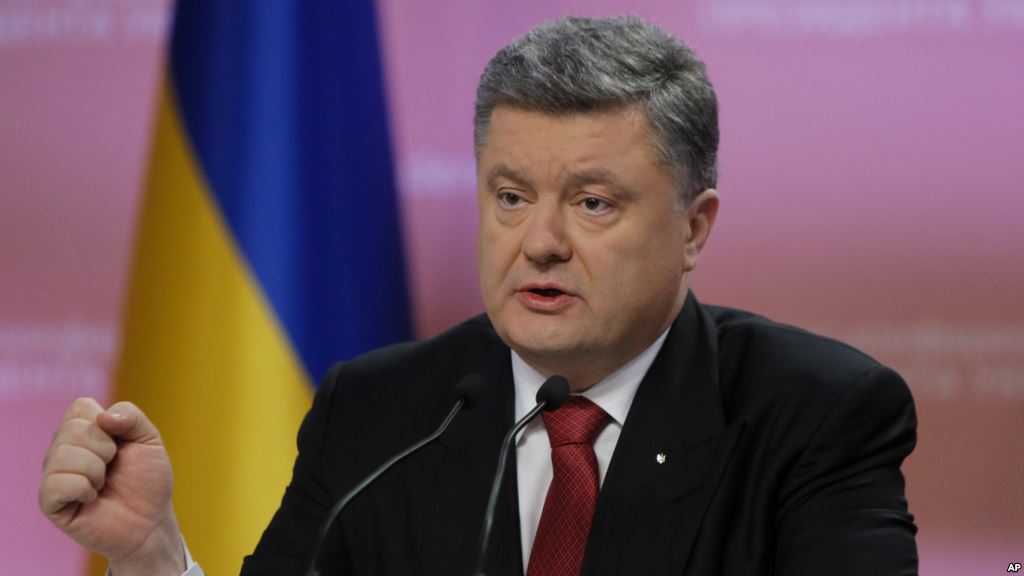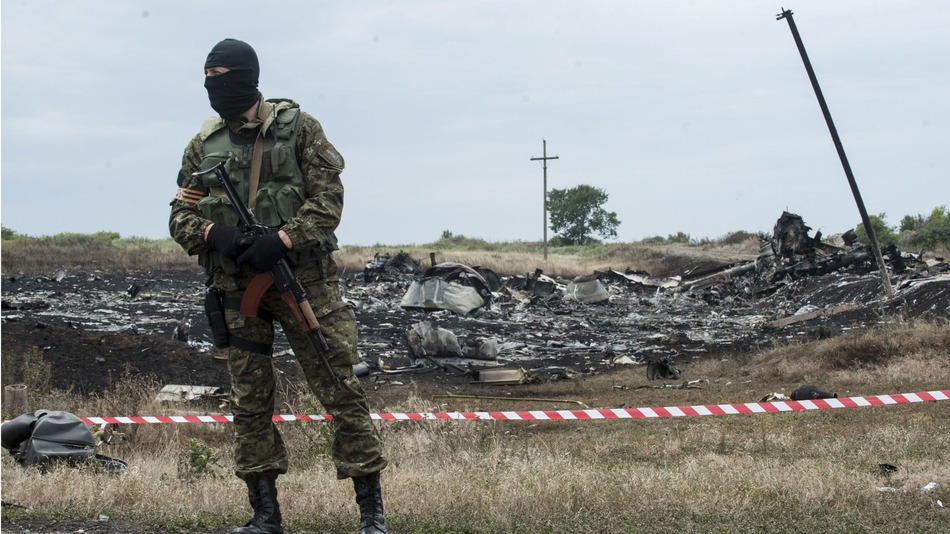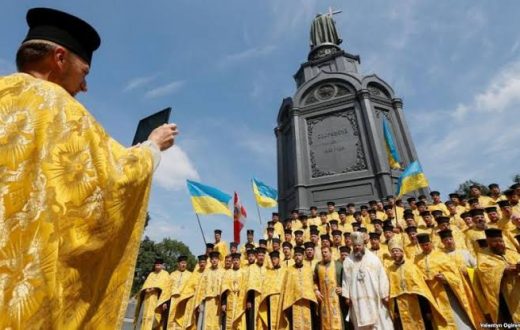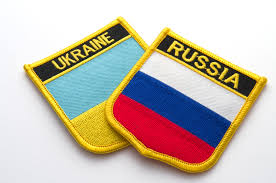Summary
The Ukrainian government is in the midst of a major political shake-up, but Kiev is not the only actor involved in the conflict in eastern Ukraine that is undergoing change. The leader of the Donetsk People’s Republic recently fired several top officials, possibly at Moscow’s bidding. Meanwhile, a growing number of ultranationalist groups are becoming more politically active, adding to an already complex array of political entities in the country. Both the separatists and the volunteer battalions have posed a challenge to Kiev, and their evolution could complicate negotiations between Russia and the West over Ukraine.
Analysis
Politically, Ukraine has been particularly volatile in recent weeks. Ukrainian Prime Minister Arseniy Yatsenyuk narrowly survived a vote of confidence in parliament Feb. 16, and the ruling coalition was left without a majority after the departure of the Self Reliance and Fatherland parties following the vote. Yatsenyuk has held on to his position and has begun negotiations with the Radical party, which itself left the ruling coalition several months earlier, to rejoin the coalition. While this is likely to buy Yatsenyuk some breathing room, his party’s grip on power remains tenuous, and a major overhaul of the Cabinet is all but inevitable.

Just as Kiev’s ruling coalition is under strain, the separatist territories in the east, whose quest for autonomy has fueled a two-year civil war, are reorganizing their own political leadership. Alexander Zakharchenko, the head of the Donetsk People’s Republic, instituted a major reshuffle within the breakaway territory’s government, firing Foreign Minister Alexander Kofman and Security Council Secretary Alexander Khodakovsky on Feb 22 and replacing the latter with Natalyia Nikonorova. Khodakovsky in particular was one of Zakharchenko’s major rivals; in fact, he had recently been strongly criticizing the separatist leader. In addition, Zakharchenko fired Liliya Rodionova, the head of the government commission for the exchange of prisoners.
Ukrainian officials have said that these terminations came at Moscow’s request. Indeed, they came shortly after a visit by Russian presidential aide Vladislav Surkov to Donetsk on Feb. 16. The leadership change could be a bid by Russia to bolster its ability to control the conflict, which has recently intensified on the front lines. The inability of Ukraine’s government to present a united front has stalled diplomatic efforts to peacefully resolve the conflict, and Russia could be taking the opportunity to assert itself in the separatist territories. With leaders in power who are more willing to accede to Russian demands, Moscow will be able to dial the conflict up or down, giving it more power in negotiations. Moreover, by helping to eliminate one of Zakharchenko’s rivals, Russia has confirmed its support for the separatist leader — though previous changes to the separatist leadership show that Moscow’s backing is far from unconditional.
In the meantime, another important reshuffling has taken place among groups at the opposite end of the political spectrum. Dmitry Yarosh, the founder and leader of the ultranationalist group Right Sector, announced several months ago that he was leaving the movement, which he said had finished its work. Originally formed to aid in the Euromaidan uprising in Kiev and, subsequently, to resist Russian intervention in eastern Ukraine, the group has since become a powerful militia on the battlefield. It continued to function as both a volunteer battalion and a political party after Yarosh’s departure in December.
Recently, the Right Sector founder announced a new project, a global initiative called the Governmental Initiative of Yarosh (DIYA). On Feb. 23, Yarosh said his new group, which means to prepare Ukraine for “revolutionary changes that will provide liberty, justice and prosperity to the Ukrainian people,” will hold its founding meeting in April. At that point, some elements of the Right Sector will no doubt break off to join DIYA, adding further complexity to the Ukraine’s splintered military resistance. Several volunteer battalions already battle pro-Russia forces in eastern Ukraine, sometimes fighting alongside Ukrainian troops but clashing with Ukrainian security forces elsewhere in the country. And as Yarosh forms his new group, other ultranationalist groups have become more politically active. The Revolutionary Right-Wing Forces, for example, on Feb. 21 held a rally of more than 1,000 people in Kiev to mark the anniversary of Euromaidan.
The proliferation of right-wing movements in Ukraine — ones that sometimes resist government control — will make the political situation even more volatile. That, combined with the government’s political gridlock and the changes within separatist leadership, could complicate negotiations between Russia and the West over the future of Ukraine.







